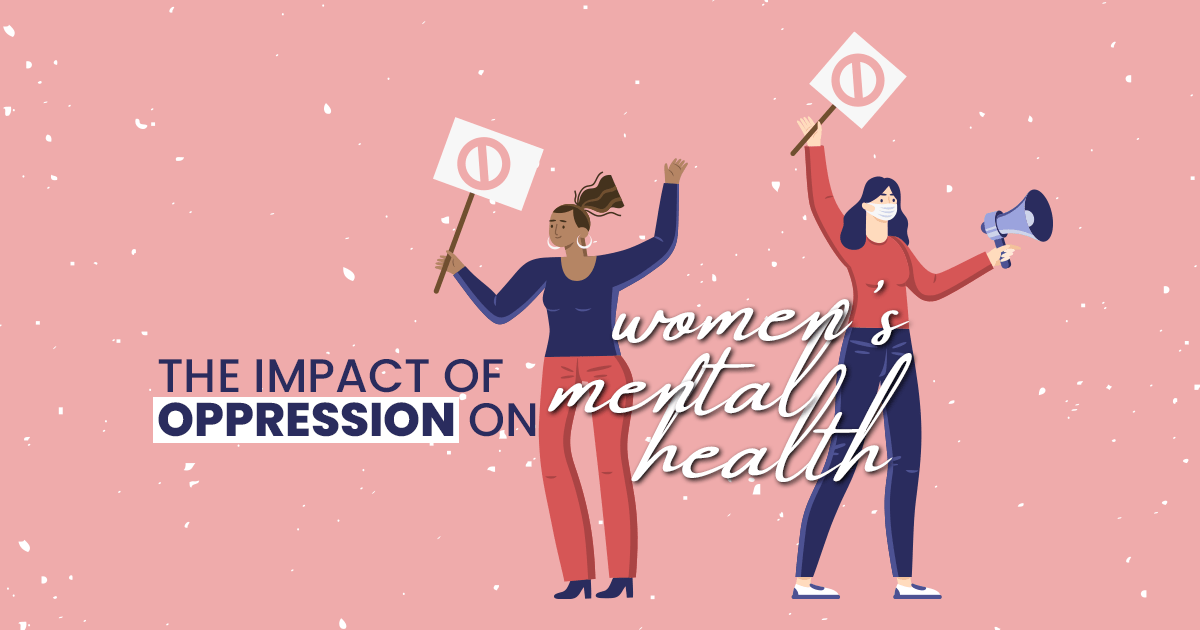
The Impact of Oppression on Women’s Mental Health
It’s been over 100 years since women in the United States of America won the right to vote, and physical abuse against women became illegal. However, oppression against women

It’s been over 100 years since women in the United States of America won the right to vote, and physical abuse against women became illegal. However, oppression against women

In March 2020, life and the world as we know it changed, leading to many long-term side effects of the COVID-19 pandemic. These side effects are physical, including the

Unfortunately, we often get wrapped up in the concept of exercise as something to do to lose weight or for vanity purposes. While there’s nothing inherently wrong with wanting
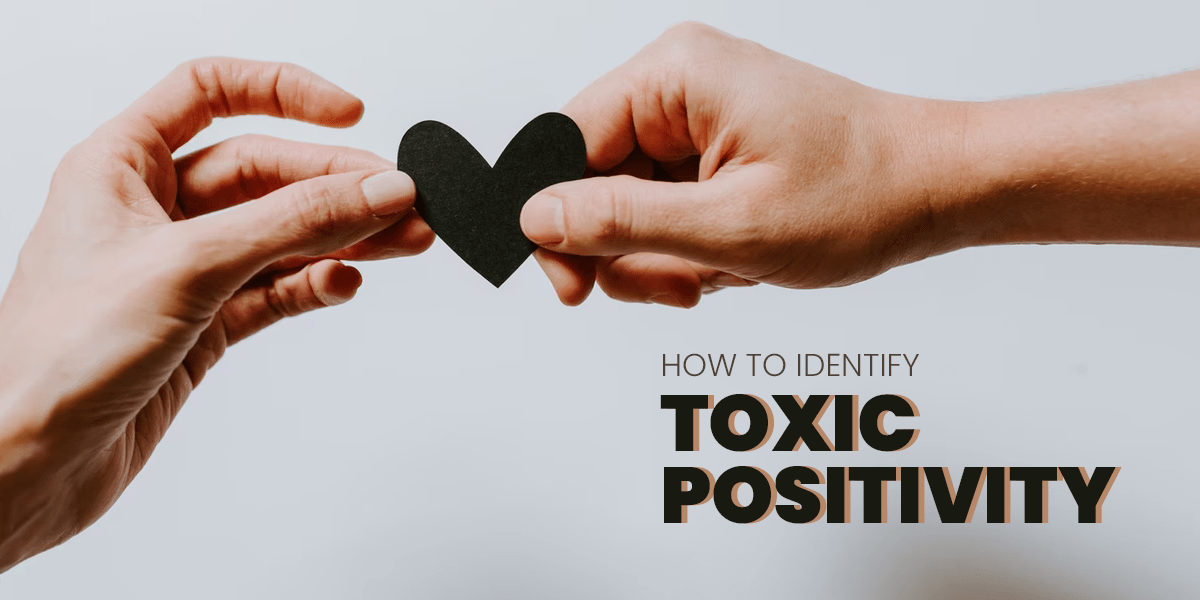
Toxic positivity is incredibly damaging to your mental health when it’s happening around you. The detrimental effects are why learning how to identify toxic positivity can help you protect yourself.
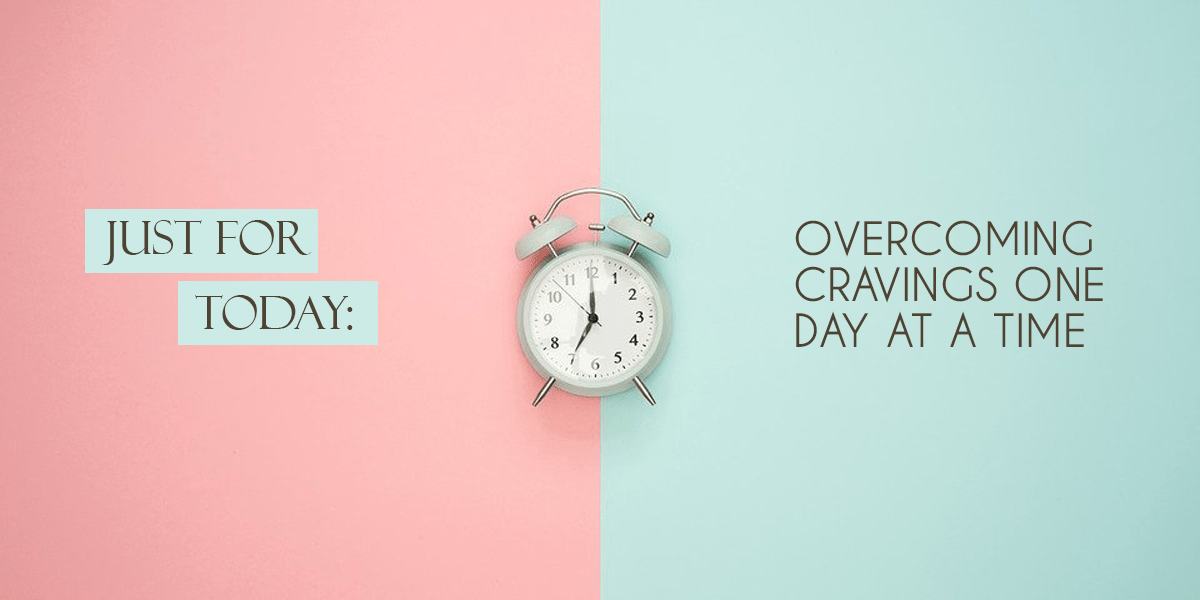
Overcoming cravings are one of the most challenging parts of addiction recovery, especially in the early days. Cravings can be a mental and physical response to no longer using
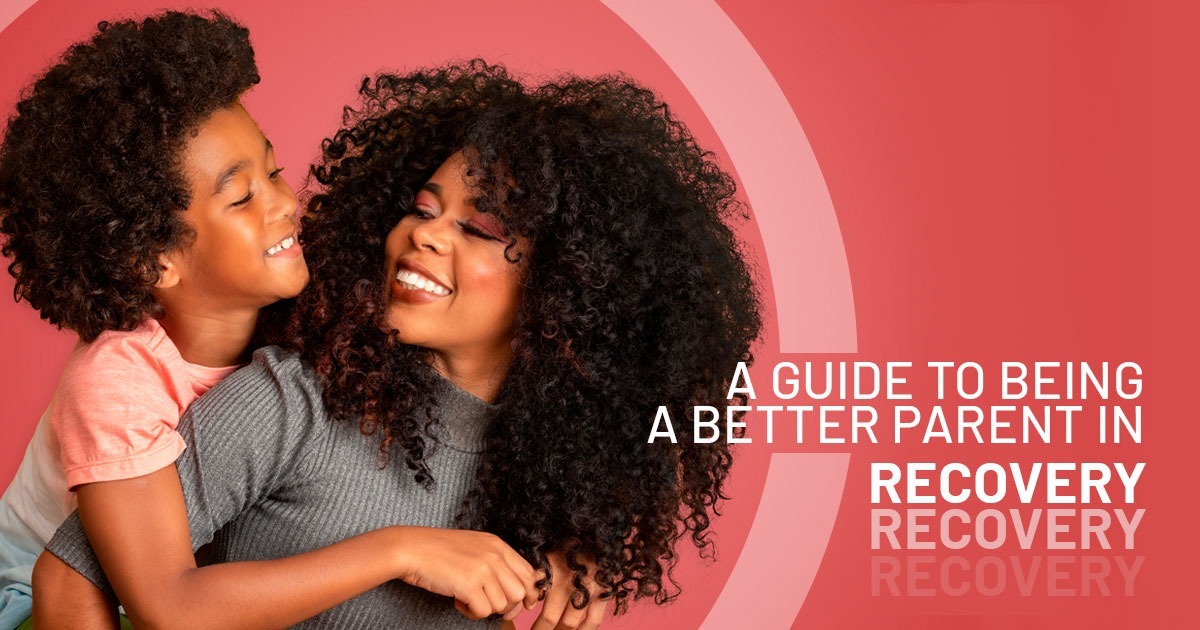
When you’re a woman going through addiction treatment and beginning your life in recovery, you already face immense challenges. Being a mother can compound those because you may want
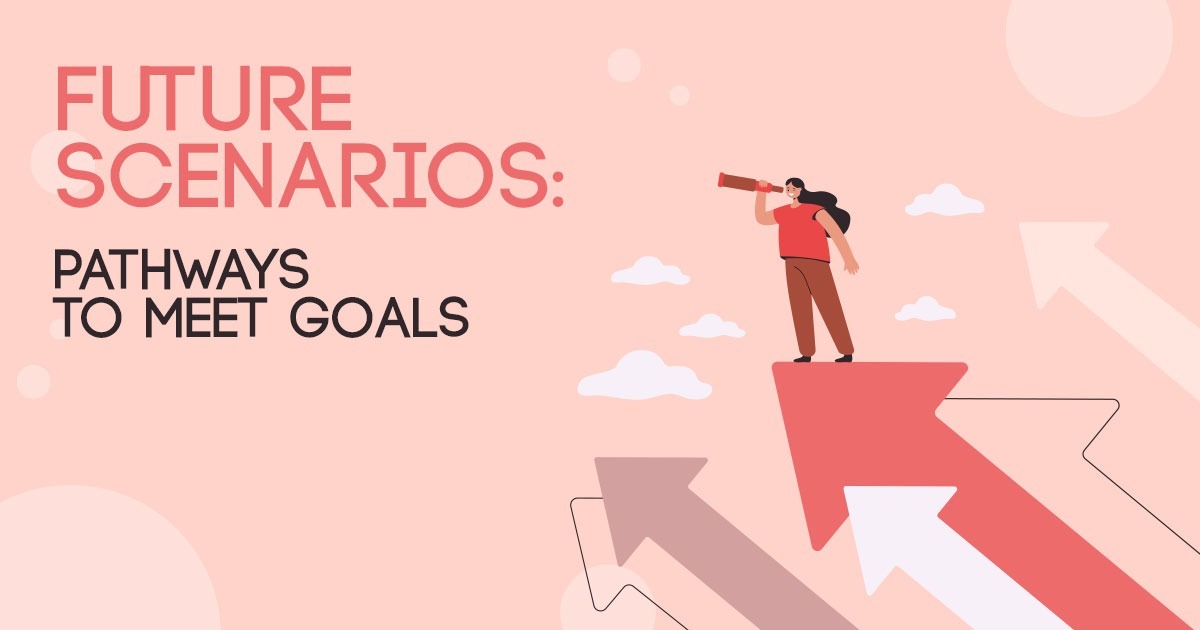
When you’re in an addiction recovery program, the future scenarios and pathways to meet goals is to prepare you adequately for what’s waiting for you when you leave the

Liminal space is a term coming from the Latin word “limen.” We find that liminal space is a powerful phrase in addiction treatment and recovery. So, why is that? Limen
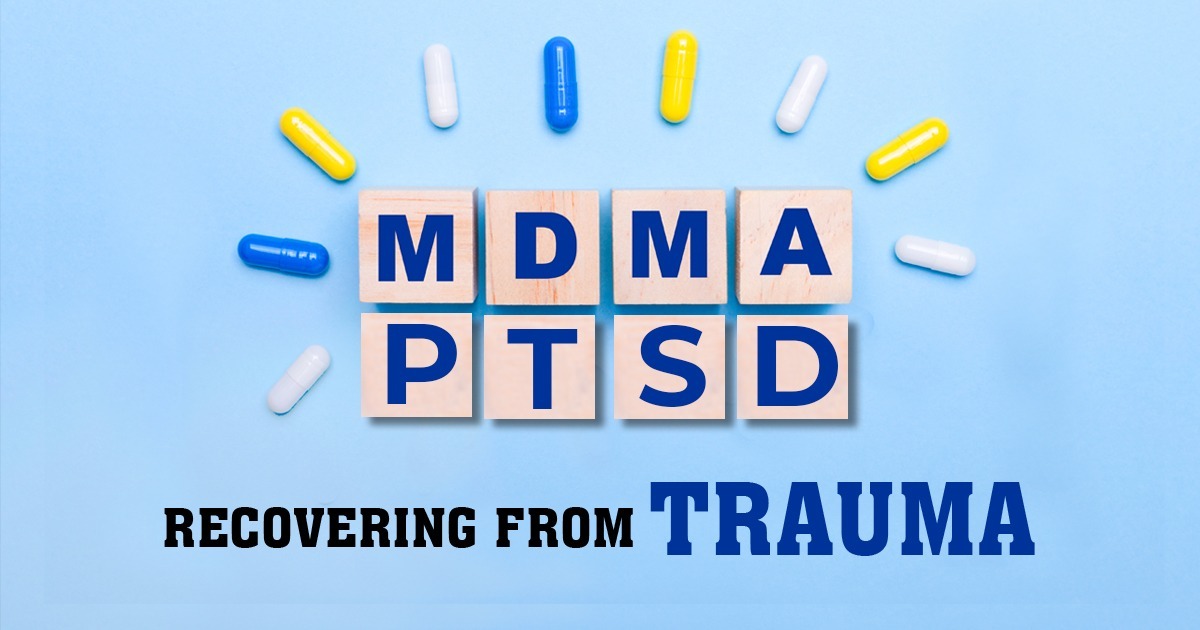
So many women have dealt with trauma. Trauma is often the underlying contributor to substance abuse problems. In an interesting turn of events, there’s research currently looking at the
Researchers estimate that around 50 million adults in the United States are living with chronic pain currently. This burden is tremendous on people as individuals, families, and even the economy. For

Anchored Tides Recovery’s Outpatient Program (OP) offers a flexible and supportive treatment option for women seeking ongoing recovery from addiction and mental health challenges. Our OP provides personalized therapy sessions, group counseling, and holistic support tailored to each individual’s needs. This program allows women to continue their daily activities and responsibilities while receiving the care and support necessary for sustained recovery. With a compassionate approach, our Outpatient Program fosters healing, resilience, and personal growth, empowering women to achieve and maintain long-term wellness in a nurturing and understanding environment.

Primary Therapist - ACSW
Bio Coming Soon…

Admissions Coordinator
Being the first point of contact for women seeking aftercare for their recovery in alcohol and drug addiction; I am driven & passionate about helping them with their next steps. I have always been passionate about helping others & this position allows me to see those dreams come to life.
You can always find me in nature during my self care time, usually hiking, roller skating by the beach, or surfing the waves. I enjoy music to feed my soul & get grounded. I lead a healthy & holistic way of living that I enjoy sharing with others.

Operations Manager
Michelle has been a part of the Anchored Tides family since 2018. Michelle is an empathetic individual who finds connection with each client. Her goal is to help women feel understood and see that long-term recovery is possible. Michelle obtained a bachelor’s degree in sociology from Brandman University and is working towards her masters in social work. Michelle is passionate about helping others and considers it an honor to be a part of a treatment team who believes the client’s care is the first priority. In her spare time Michelle loves going to concerts, camping, and road trips.

Clinical Therapist

Interventionist / Relationships & Co-Dependency
Tracy Dunn is a National Interventionist and Addiction Coach who has received training at the Crossroads Recovery Coaching Academy of Seattle Washington and The Addiction Academy in Miami Florida. As the daughter of Roger Dunn of the Roger Dunn Golf Stores, Tracy knows all too well the dramatic impact that fame and addiction can have on the family system. Her professional training partnered with over 32 years of sobriety has led Tracy to be deeply committed to both saving and changing the lives of those struggling with addiction and alcoholism and their families.
As a group facilitator, she works collaboratively with her clients to help them focus on the action they will need to take to recognize the vision they will have for themselves. As an interventionist, she has helped many families to overcome the paralyzing grip of addiction by teaching accountability, compassion, and the other tools needed to break the cycle of addiction and maintain sobriety. Tracy works with the media, treatment facilities, interventionists, therapists, and addiction psychiatrists and consults with treatment facilities. Her dedication to saving lives has given a dynamic voice of recovery to those who had previously given up hope, and the belief that they are able to create their own successes.

Rock To Recovery
William Nephew has been a singer/songwriter for over 20 years. He achieved some notable success early in his career with emo/rock band Jack’s Broken Heart, which won a San Diego Music Award in 2001, toured the continental United States, and shared the stage with acts like The Mars Volta and Jimmy Eat World. Having a strong passion for the arts, William earned a B.A in Cinema production. Following completion of his degree at San Francisco State University, William worked on film/tv projects for major Hollywood production companies including Sony and Universal Pictures.
Williams addiction began at an early age and followed a slow and steady progression. Eventually, William knew he had to make a change. With the help of drug and alcohol treatment, William got sober on May 26th, 2014. He has been sober ever since. William’s talent as a singer/songwriter, passion for the healing power of music, and the struggles of his past make him an outstanding program administrator for Rock to Recovery. He believes in the strength of creative expression as an extremely effective tool to cope with overwhelming emotions in early sobriety because William was actually in Rock to Recovery groups as a CLIENT before he became a program facilitator. William is also a certified CADC-I drug and alcohol counselor by the state of California.

COO / Co-Founder

Director of Marketing & Admissions
Kelli Easley comes to Anchored Tides bringing with her over seventeen years of experience in the field of addiction. Her unwavering passion to help others stems from her commitment to give back after overcoming her own 17-year addiction. She holds certifications in both Chemical Dependency and Family Development.Kelli had the good fortune of training under a well-respected interventionist, and therapists this has only strengthened her expertise in working with both individuals and families. Kelli is
currently working towards a degree in Business Administration along with being a loving mother to her husband, and two sons. In her free time, Kelli is active in the recovery community and lends her support to nonprofit organizations to help those in underserved communities.
– “Hardships often prepare ordinary people for an extraordinary destiny” – C.S. Lewis

Registered Emotional Support Animals
Bunny is a 3yo male French Bulldog and Murphy is a 6yo female Shiba Inu. Both of these pups have been raised at Anchored Tides and grew up handing out love and support to our clients. They have the wonderful ability to sense when someone needs a little extra love, some playful puppy time, or just a companion to sit and hold space while they are processing something.
Murphy’s favorite treatment activities are Lunch, Reiki, Process group, and sitting in on individual sessions. Bunny’s favorite activities are Lunch, DBT, and also sitting in on individual sessions. When they aren’t working, Murphy likes to play with her little brother (who is not a support animal), go on hikes, dig holes, sleep and eat. During Bunny’s time off, he likes to destroy squeaky toys, play with his nerf dog gun, and sleep.
They (and we) believe that animals are essential in providing emotional support. Studies have shown that some of the benefits of having an ESA include enhancing calm and relaxation, alleviating loneliness, enhancing social engagement and interaction, normalizing heart rate and blood pressure, and reducing stress, pain, anxiety, and depression. They are an important part of the holistic approach at ATR to make everyone feel loved and comfortable as they walk through their recovery journey.

Program Director
Hillary, an Orange County local, has been working in the field of addiction for over a
decade and has been in recovery herself for over 13 years. Coming from a broken place with nowhere to go but up, Hillary can relate to clients on a deeper level with compassion and understanding. Her favorite thing about working in recovery is watching individuals come into their own and find the inner peace they once had but lost along the way. Hillary is currently an undergrad at the University of Phoenix with a BS in Business and working on a master’s degree in healthcare administration. Hillary not only enjoys being part of the Anchored Tides family, but showing up as a wife, daughter, sister, aunt, and friend to those around her. Hillary thanks the program of recovery every day for the life she has and strives to be an example for women everywhere.

Social Worker / Case Management - ACSW
Bio Coming Soon…

Anchored Tides Recovery’s Intensive Outpatient Program (IOP) provides a flexible and supportive treatment option for women seeking recovery from addiction and mental health issues. Our IOP combines evidence-based therapies, group counseling, and individualized care plans tailored to each woman’s unique needs. With a focus on empowering women to rebuild their lives, our program offers the structure needed for recovery while allowing participants to maintain their daily responsibilities. In a compassionate and understanding environment, women can develop the skills and resilience necessary for long-term recovery and personal growth.

Music Group / Rock 2 Recovery
Bio Coming Soon…

Case Manager - CDAC-II
Alisa brings a high level of dedication and compassion to her work as an addiction counselor and group facilitator. A certified addiction treatment counselor (CADC-II), Alisa has nine years of experience working in the substance abuse field. Alisa has apassion for both helping others in recovery and guiding women through the process of rebuilding a valued life and increasing their self-worth. She embraces her strengths of empathy and patience to help others develop upon their inherent set of skills and seek a purpose based on their own abilities. Alisa is DBT (Dialectical Behavior Therapy)
informed and brings her expertise to the therapeutic setting. Currently, Alisa is working towards a bachelor’s degree in psychology at California State University Fullerton, with the hopes of becoming a social worker. When not at work or school, Alisa enjoys fitness, watching the Boston Red Sox, salsa dancing, and spending time with family and friends.

Registered Dietitian Nutritionist, Eating Disorder Specialist - R.D.

Primary Therapist - AMFT, CATC3

Operations Manager - RADT-1
Like many who have struggled with addiction, Markie’s journey to sobriety was no straightforward path. As a Tulane University student and intern for the NASA Stennis Space Center, she was on her way to a successful life! Personal struggles and watching her brother also struggle and lose his battle with drugs and alcohol only drove her deeper into addiction. Her drug and alcohol abuse continued to grow out of control until she finally realized it was time to surrender and get help. She was tired of living on the streets. She was tired of hurting her loved ones. She was tired of how much she hated herself.
She now has over five years of sobriety and is a strong believer in the ability to transform the future by making positive and healthy changes. Today, Markie has over five years of sobriety and has worked in the drug and alcohol treatment industry for over 4 years. She is a strong believer in the ability to transform the future by making positive and healthy changes. She is passionate about the work and the impact she makes on her community. Markie recently joined the Anchored Tides Recovery Team and is excited to help women begin their journey into sobriety!

Fitness Education - RADT-1, Certified Personal Trainer
My name is Andy Mouck, and I am a dedicated group facilitator at Anchored Tides Recovery. Having personally overcome addiction and completed treatment in 2017, I am deeply passionate about helping individuals on their recovery journey. I bring a
compassionate and empathetic approach to my role, creating a safe space for participants to heal and grow. Alongside my work as a group facilitator, I am a National Academy of Sports Medicine Certified Personal Trainer, sharing my love for fitness and wellness as an integral part of recovery. With a bachelor’s degree in economics from California State University, Long Beach, and ongoing studies in a post-baccalaureate health program at California State University, Fullerton, I bring a comprehensive understanding of addiction and the importance of holistic care. As a registered drug and alcohol technician, I am committed to providing the highest quality care and staying informed about the latest advancements in addiction treatment. I am honored to be part of the Anchored Tides Recovery team, empowering individuals to embrace sobriety, rebuild their lives, and create a future filled with hope and purpose.

Medical Director
Venice Sanchez, MD, is a board-certified psychiatrist and addiction medicine specialist. At her practice in Newport Beach, California, Dr. Sanchez takes a holistic approach to care that emphasizes not only medication management and traditional medicine, but also the incorporation of therapy, spirituality, healthy eating and exercise, and social factors. She is a diplomate of the American Board of Psychiatry and Neurology and Addiction Medicine.
Dr. Sanchez received her bachelor’s degree from the University of California, Los Angeles, and her medical degree from Michigan State University College of Human Medicine. She continued her training at the University of California, Irvine Psychiatry Residency Program where she was recognized by faculty with the Outstanding Resident of the Year Award as an acknowledgment for her dedicated efforts in education, the clinics, and her work with her patients.
Dr. Sanchez has had extensive training at multiple facilities under the supervision of experts in her field, which allowed her to gain comprehensive knowledge and experience in treating a wide array of psychiatric disorders. Her work at the Long Beach VA, various addiction rehabilitation centers, and San Diego Detention facilities allowed her to gain expertise in Post Traumatic Stress Disorder, substance abuse, and mood and thought disorders underlying substance use.
Dr. Sanchez realizes the significant need in women’s health, especially in treating pregnant and postpartum patients who are struggling with mental illness. She not only trained with a specialist at the Maternal and Fetal clinic at UCI Medical Center, but she was also at the forefront in opening up the first Women’s Mental Health Medication Management Clinic at Long Beach VA Veteran’s Hospital. Her passion for her field allowed her to diligently pursue the much-needed training and experience in treating patients who have a comorbid psychiatric diagnosis. She also specializes in treatment-resistant psychiatric disorders.


Anchored Tides Recovery’s Partial Hospitalization Program (PHP) is designed for women who need intensive support while maintaining some level of independence. Our PHP offers a structured and comprehensive treatment plan that includes individual therapy, group counseling, life skills training, and holistic therapies. With a focus on addressing the root causes of addiction and mental health issues, our program provides a nurturing and empowering environment. Women in our PHP receive the care and tools necessary to achieve lasting recovery, all within a supportive community that fosters healing and growth.

CEO / Co-Founder